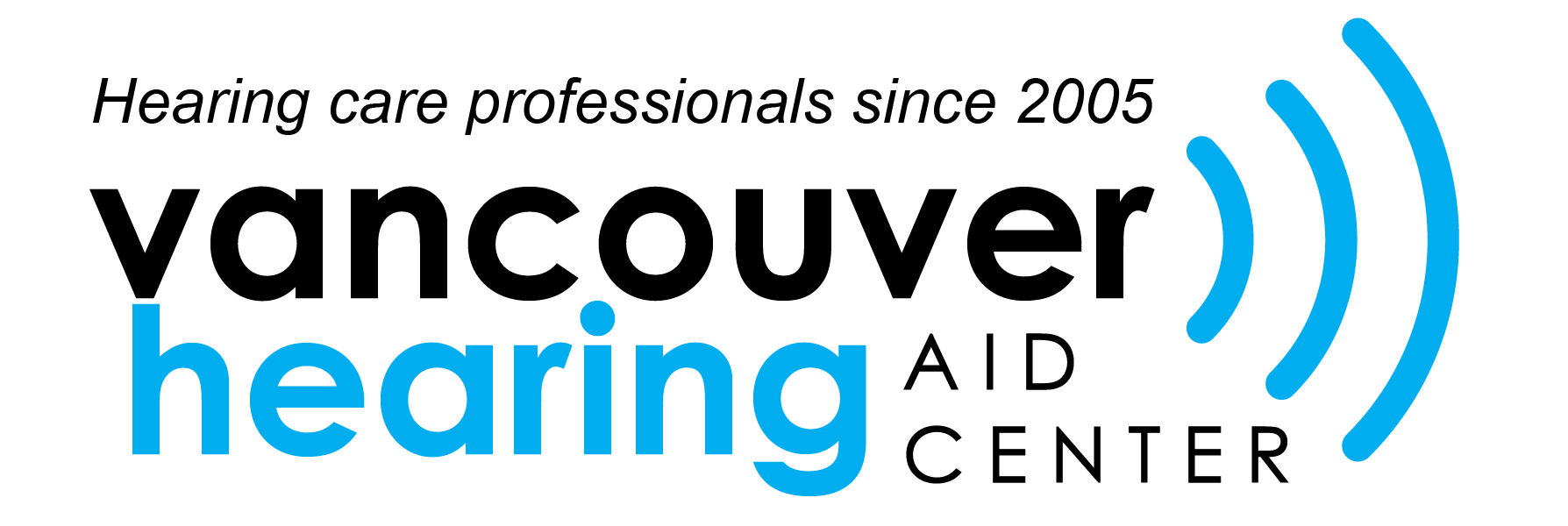If you’re worried that you need to get your hearing checked, you might also wonder what to expect at your hearing evaluation. Audiologists are trained to conduct hearing tests, which determine how well you can hear certain sounds and tones, and what degree of hearing loss you’ve endured. Read on to learn about some of the most common tests and treatments an audiologist at your hearing air center in Vancouver, WA may perform.
Most common hearing tests
The most common tests audiologists perform are diagnostic hearing tests. Here are some of the different types you may undergo:
- Pure tone: This test involves wearing headphones and pressing a button every time you hear a tone.
- Bone conduction: In a bone conduction test, a small conductor is placed behind your ear. It sends vibrations through the bone and into your inner ear. If the results are different than the pure tone test, you may have hearing loss.
- Speech: This test determines your speech reception threshold—the quietest speech you can hear and understand at least 50 percent of the time.
- Auditory brain stem response: This type of test checks for other kinds of hearing loss, such as sensorineural. It uses headphones and electrodes to measure your hearing and brainwave activity.
- Otoacoustic emissions: This test uses a small probe, microphone and speaker to test the cochlea. Normal hearing individuals will produce some sound, while those with a significant amount of hearing loss will not.
All of these tests are safe and easy, and usually do not involve any sort of physical discomfort.
Other tests and treatments
Here are some other tests and services your local hearing aid center in Vancouver, WA can perform:
- Hearing aid fittings, consultations, repairs and maintenance: If you need hearing aids, your audiologist can help you find, fit, repair and maintain the right hearing aids for your needs.
- Hearing loss prevention programs: Prevention is the best way to avoid hearing loss—your audiologist may suggest enrolling in one of these programs.
- Dizziness and balance testing and treatment: Your inner ear is responsible for your balance, so testing for dizziness and balance can help diagnose problems.
- Cochlear implant candidacy evaluations and implant programming: If you have severe hearing loss, you may be eligible for cochlear implants. These require special evaluations and programming.
- Earmold and earplug fitting and consultation: Hearing protection is key, which is why many people in noisy environments get custom-fitted earmolds and earplugs.
- Custom musicians’ earplugs and monitors: Your audiologist can also help fit you for custom musicians’ earplugs and monitors, which are designed to let you hear music without muffling different tones and values.
- Aural rehabilitation: After hearing loss is diagnosed, aural rehabilitation can help you regain hearing through aids and other therapies.
- Tinnitus treatment programs: These treatment programs can teach patients to cope with tinnitus (constant ringing in the ears), on both a conscious and subconscious level.
Your own audiologist may perform more services and treatments in addition to these. To schedule an appointment at Vancouver Hearing Aid Center, call us today!

